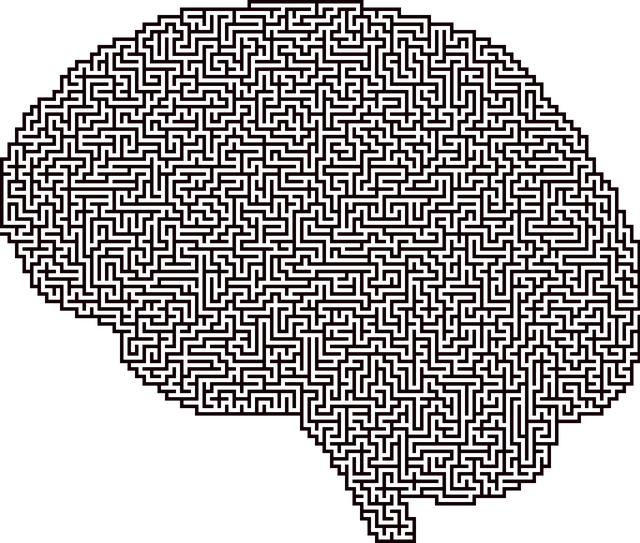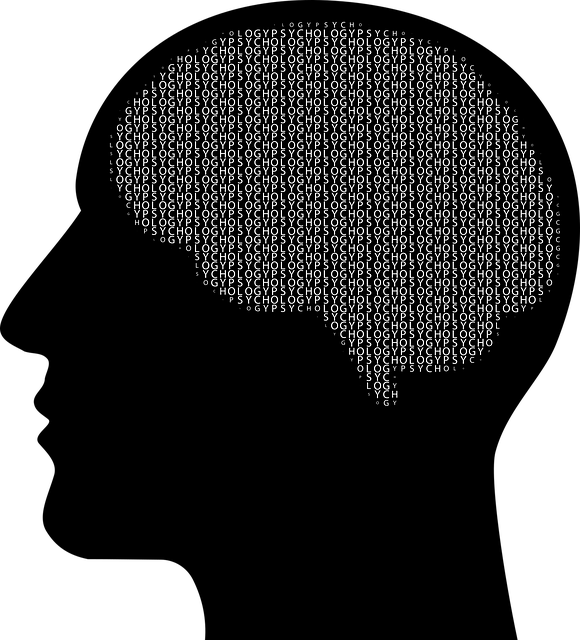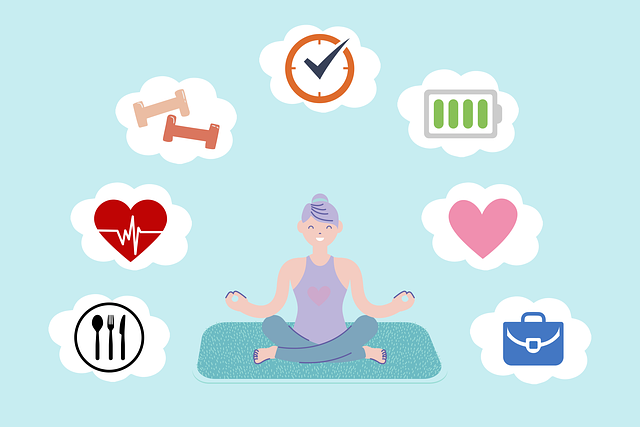Social Skills Training (SST) is an evidence-based approach improving social functioning for individuals with mental health conditions, including ADHD, depression, and dementia. By combining role-playing, feedback, cultural sensitivity, and skill generalization exercises, SST boosts self-esteem, confidence, and overall well-being, particularly for elders and those with ADD/ADHD. Tailored therapy, evaluations, and mental health education help elders with ADHD navigate social cues, foster relationships, and participate in community activities. Cultural competency training among healthcare providers ensures inclusive environments, enhancing the effectiveness of evaluations and support for individuals with ADD-ADHD.
Social skills training is a powerful tool for managing mental health conditions, offering a comprehensive approach to enhancing interactions and improving overall well-being. This article delves into the intricacies of social skills development, focusing on specific challenges faced by individuals with ADD/ADHD and evaluative methods for elders. We explore effective therapy techniques, providing insights for professionals working with these populations. From understanding foundational concepts to implementing transformative strategies, this guide offers valuable resources for enhancing social interactions and improving lives.
- Understanding Social Skills Training: A Comprehensive Approach for Mental Health
- The Impact of ADD-ADHD on Social Interactions: Challenges and Opportunities
- Evaluating Social Skills in Elders: Tools and Techniques for Therapists
- Effective Strategies for Social Skills Therapy: Engaging and Transformative Techniques
Understanding Social Skills Training: A Comprehensive Approach for Mental Health

Social Skills Training (SST) is a comprehensive therapeutic approach designed to enhance social functioning and communication skills in individuals with mental health conditions. This evidence-based method goes beyond traditional talk therapy by focusing on practical strategies to improve interactions in various settings, from workplaces to social gatherings. SST is beneficial for a wide range of disorders, including those affecting older adults, such as depression or dementia, where social isolation can exacerbate symptoms.
For individuals with Attention Deficit Hyperactivity Disorder (ADHD), SST can help them develop coping mechanisms to manage impulsivity and improve their ability to engage in meaningful conversations. This tailored training involves role-playing scenarios, feedback sessions, and skill generalization exercises. Additionally, cultural sensitivity is an integral part of SST, ensuring that interventions are adaptable to diverse backgrounds, which is crucial for effective mental health care. This holistic approach not only boosts self-esteem but also equips individuals with the tools to navigate social situations confidently, fostering a sense of belonging and improving overall well-being.
The Impact of ADD-ADHD on Social Interactions: Challenges and Opportunities

The impact of Attention Deficit Hyperactivity Disorder (ADHD) on social interactions can be profound, presenting both unique challenges and opportunities for those affected. Elders with ADHD often struggle in social settings due to difficulties with focus, impulse control, and sustained conversation. They may find it hard to follow complex social cues, maintain eye contact, or engage in group discussions, which can lead to feelings of isolation and low self-esteem. These symptoms can significantly impact their ability to form and sustain relationships, participate in community activities, and contribute to social groups.
However, with the right support, therapy for elders with ADHD offers a pathway to enhanced social interactions and improved emotional well-being. Professional evaluations play a crucial role in diagnosing and understanding the severity of ADHD symptoms, which is essential for tailoring effective treatment plans. Mental health education programs designed specifically for older adults can help reduce the stigma associated with mental illness and teach valuable coping strategies. These initiatives promote emotional well-being by offering techniques to improve focus, enhance social skills training, and encourage healthy lifestyle choices, ultimately fostering more fulfilling social connections.
Evaluating Social Skills in Elders: Tools and Techniques for Therapists

Evaluating social skills is a crucial aspect of therapy for elders, especially those with mental health conditions like ADD-ADHD. Therapists play a vital role in assessing and enhancing social interactions to foster better mental wellness among this demographic. One effective tool for evaluation is observation during group activities or structured conversations, noting the individual’s communication patterns, eye contact, and ability to engage peers. Standardized assessments, tailored for older adults, can also provide valuable insights into their social functioning. These tools help therapists identify specific strengths and weaknesses in areas like conversation initiation, active listening, and emotional regulation.
In addition to these techniques, incorporating cultural sensitivity in mental healthcare practice is essential. Therapists should be adept at tailoring interventions to respect diverse backgrounds and beliefs. For instance, encouraging self-esteem improvement through mental wellness journaling exercises can benefit elders, offering a private space to reflect and communicate their thoughts. This technique not only enhances social skills but also promotes personal growth and self-awareness.
Effective Strategies for Social Skills Therapy: Engaging and Transformative Techniques

Social Skills Therapy for mental health conditions involves engaging and transformative techniques tailored to meet individual needs. One effective strategy is mental wellness journaling, which encourages individuals to reflect on their experiences, track progress, and identify triggers or positive coping mechanisms. This practice fosters self-awareness, a crucial aspect of emotional healing processes. Additionally, structured guidance during group therapy sessions allows participants to practice social interactions in a safe environment, building confidence and reducing anxiety.
Another powerful technique is incorporating emotional healing processes through art therapy or music, which can help individuals express their feelings when words are challenging. For older adults with ADD-ADHD, structured activities and visual aids can enhance engagement. Healthcare providers play a vital role in this process by undergoing cultural competency training to create inclusive environments that address diverse needs, ensuring everyone receives effective support.
Social skills training plays a pivotal role in enhancing the lives of individuals with mental health conditions, particularly those affected by ADD/ADHD. By providing targeted interventions and utilizing evidence-based techniques, therapists can significantly improve social interactions for both adults and elders. Through comprehensive evaluations and tailored strategies, this approach offers a transformative path to better mental well-being, addressing challenges while capitalizing on opportunities for growth in various settings, including therapy for elders with ADD/ADHD.














